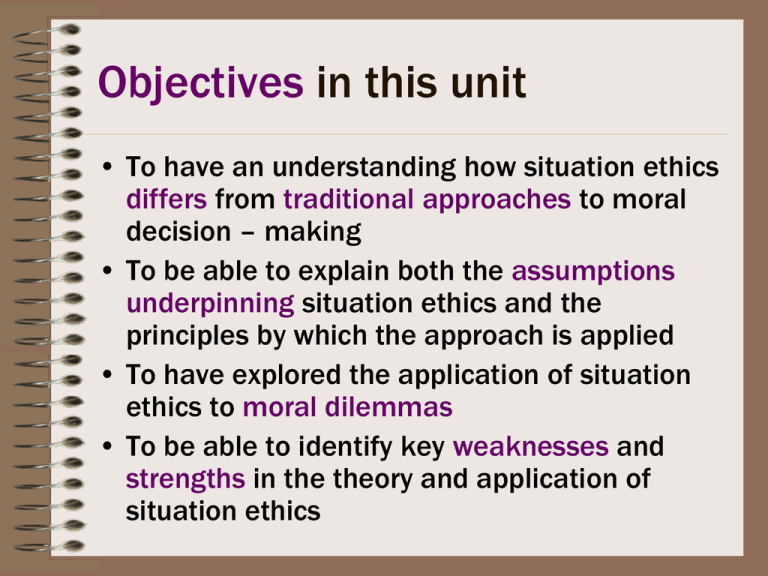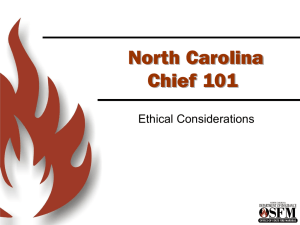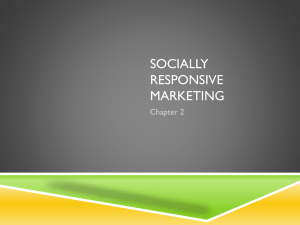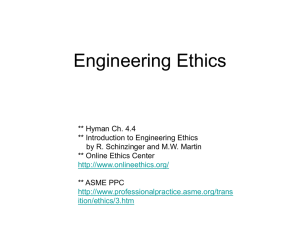
Objectives in this unit
• To have an understanding how situation ethics
differs from traditional approaches to moral
decision – making
• To be able to explain both the assumptions
underpinning situation ethics and the
principles by which the approach is applied
• To have explored the application of situation
ethics to moral dilemmas
• To be able to identify key weaknesses and
strengths in the theory and application of
situation ethics
Key philosopher: Joseph Fletcher
The morality of an
action depends on the
situation
• American Professor
• 1905 – 1991
• Founder of theory of
situation ethics
• ‘Situation Ethics, the
New Morality’ 1966
Which of the following are not
associated with the 1960s?
Peace
Love
Excess
Abstinence
Social
Revolution
Anti-War
Swinging
Conforming
The Beatles
Flamboyant
Permissive
Rebelling
Exciting
Restrictive
Experimental
Freedom
Monogamous
Rock’n’Roll
Sex
Subversive
Drugs
Elvis
Dull
?
?
Key questions
Is moral behaviour
about following rules
or working things out
for ourselves?
Are there unbreakable
laws to govern moral
behaviour, or should
we make our own
moral decisions?
What
should I
do?
Key questions
• Are there ever situations
when you should ignore
established moral
rules?
• When deciding what is
right, how much weight
should be given to the
actual people involved
and the consequences
the moral judgement
brings them?
Joseph Fletcher & his
taxi cab anecdote…
• Presidential campaign
• Cab Driver: ‘I and my father and
grandfather before me and their
fathers, have always been straightticket Republicans’
• JF’s friend: ‘I’m a republican too, I
take it that means you will vote for
Senator So-and-So’
• Cab Driver: ‘No, there are times
when a man has to push his
principles aside and do the right
thing’
A radical Christian ethical approach
THE KEY IDEA…
There is only one ultimate and invariable
duty, and its formula is ‘Thou shalt love thy
neighbour as thyself.’ How to do this is
another question but this is the whole of
moral duty.
Temple, 1923, p206
The law of love is the ultimate law
because it is the negation of law; it is
absolute because it concerns everything
concrete… The absolutism of love is its
power to go into the concrete situation,
to discover what is demanded by the
predicament of the concrete to which it
turns. Therefore, love can never
become fanatical in a fight for the
absolute, or cynical under the impact of
the relative.
Tillich, 1951, p152
Joseph Fletcher ‘Situation Ethics’
‘there is no one ethical
system that can claim to
be Christian’
Bishop Robinson
Rudolph Bultmann who
argued that Jesus had
no ethics apart from
‘love thy neighbour as
thyself’ the ultimate
duty
‘Christian ethics’
1. Old Testament ethics
New Testament ethics
2. Roman Catholic
Tradition based on
Aquinas’natural law
ethics
3. The Protestant
tradition, which
includes situation
ethics
Indecent Proposal (1993)
1. Is it wrong to have sex
for money:
a. To survive?
b. For luxury
purchases?
c. To fund a life-saving
operation for a
friend or relative?
2. Why might your answers
for a, b and c differ?
• ethics
• Antinomian ethics
• Situation ethics
3 kinds of ethical theory
Legalistic
Ethics
Antinomian
ethics
Extrinsic
Not part of the
essential nature of
someone or
something; coming
or operating from
outside
The view that there
are no moral
principles or rules at
all
An ethical system
that contains rules
for every situation
and/or the
association of doing
good with simply
following those rules
Time has gone for today…
• Write one thing you have learned today…
• This could be a concept you are now familiar
with.
• Or, a new key term in your vocabulary.
• A theory that you are more confident in
understanding.
• Developed an academic/exam skill.
• If nothing, be honest. But say why you feel
nothing.










